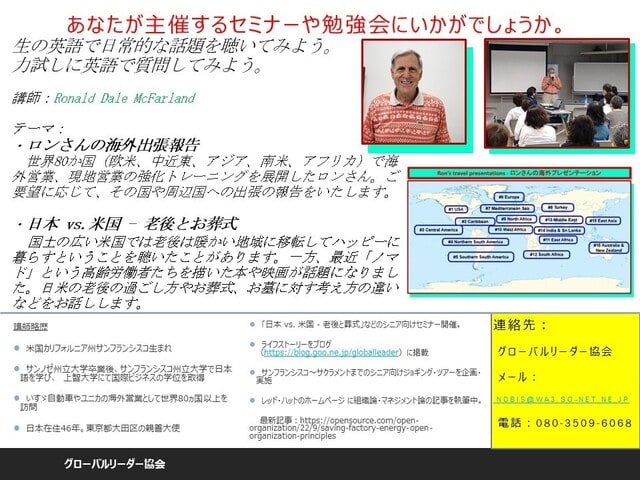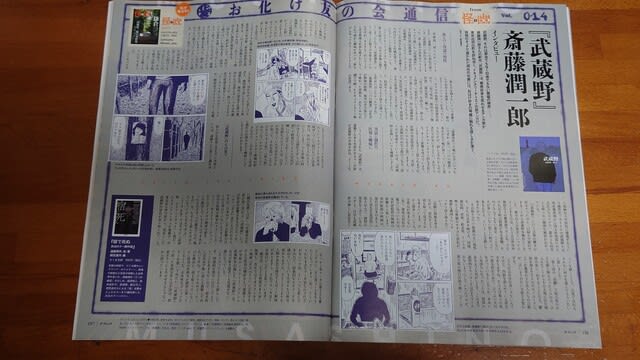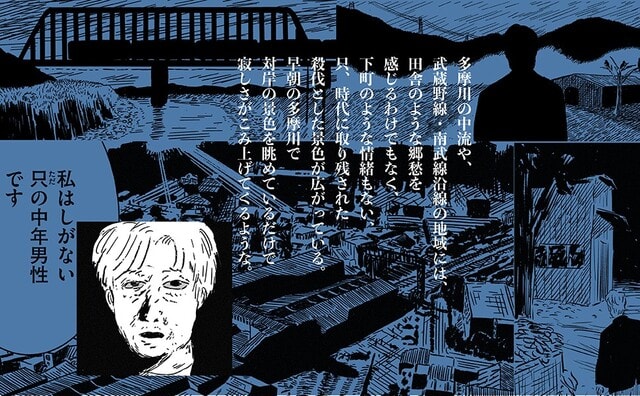実のところIBM入社当時、私は酒が飲めなかったこともあり、会社の付き合いは苦手でした。Ronさんはどうしたのでしょう。
The atmosphere in the personnel department was something new for me. We had our own tennis team that competed in head office and in company-wide tournaments. We went to baseball games together. In the evenings, I would from time to time go out with other members of our group for a drink and dinner. This was all company paid as it came under the heading of building teamwork. In most Japanese companies even today, being able to get along and work as a team member is sometimes more important than your actual job performance. If taken to the extreme, this concept can become a liability for many companies, as they cannot make the difficult decisions as to how to be more efficient, who is needed and who is not needed. Just getting along is not enough.
この頃のRonさんの問題は二つ。
In those early months in the company, I suffered with language problems again. I didn’t know the financial and managerial terms required in internal business discussions. Also, the offices and meeting rooms were filled with heavy smokers that left me with a headache at the end of each day.
今は後者の問題はないですね。
そして会社は・・・・・
The meetings were twice as long as I thought they could have been and with three to four times more people than was necessary. Decisions were slow in coming and not made without a lot of research. One troublesome area about decisions by committee is that with the continual interaction of a large number of people no one will be finally responsible. Even top management would rubber-stamp what these committees decide and not even know what they are approving. Even if they did, they would not be able to stand up and strongly support the committees’ position.
I would listen to rambling and rambling on subjects of which no one had the required information to make a decision. So, the talking just kept going. Rarely did a meeting end on time. A one-hour meeting could very easily go for three hours. Also, there were people in the room saying nothing and doing nothing. No note taking, nothing. Some, believe it or not, some attendees were sleeping in the meetings. Although, improvements have been made, that characteristic about Isuzu was there even when I left. It unfortunately is a very common problem in many large Japanese companies but to a lesser degree today. The good side is a lot of information comes out. The bad side is that with management by committee no one will take responsibility for the decision and stand behind it.
It was becoming clearer that my goals and dreams for life would start to material greatly working in Isuzu Motors through their international activities. I still had to find out exactly what role I would play in that regard. That started to be answered in the years that followed.
Ronさんのセミナーいかがですか。苦労の多かったRon-sanの青春時代やキャリア形成の話、来日後、特に、いすゞ自動車勤務でのカルチャーショックとグローバルリーダーとしての活躍など。それとRonさんが楽しみにしている出席者と皆さんとのノミニケーション。今の時期だと花見
皆さんがおやりになっている勉強会などに出張し講演させていただきます。
ただし、Ronさんが住んでいる東京都大田区から日帰りできるところとさせてください。
もっとも台湾でも日帰りは可能ですが。

<仕事に疲れたら『武蔵野』でコトリップ(『武蔵野』リイド社、斎藤潤一郎著)>

The atmosphere in the personnel department was something new for me. We had our own tennis team that competed in head office and in company-wide tournaments. We went to baseball games together. In the evenings, I would from time to time go out with other members of our group for a drink and dinner. This was all company paid as it came under the heading of building teamwork. In most Japanese companies even today, being able to get along and work as a team member is sometimes more important than your actual job performance. If taken to the extreme, this concept can become a liability for many companies, as they cannot make the difficult decisions as to how to be more efficient, who is needed and who is not needed. Just getting along is not enough.
この頃のRonさんの問題は二つ。
In those early months in the company, I suffered with language problems again. I didn’t know the financial and managerial terms required in internal business discussions. Also, the offices and meeting rooms were filled with heavy smokers that left me with a headache at the end of each day.
今は後者の問題はないですね。
そして会社は・・・・・
The meetings were twice as long as I thought they could have been and with three to four times more people than was necessary. Decisions were slow in coming and not made without a lot of research. One troublesome area about decisions by committee is that with the continual interaction of a large number of people no one will be finally responsible. Even top management would rubber-stamp what these committees decide and not even know what they are approving. Even if they did, they would not be able to stand up and strongly support the committees’ position.
I would listen to rambling and rambling on subjects of which no one had the required information to make a decision. So, the talking just kept going. Rarely did a meeting end on time. A one-hour meeting could very easily go for three hours. Also, there were people in the room saying nothing and doing nothing. No note taking, nothing. Some, believe it or not, some attendees were sleeping in the meetings. Although, improvements have been made, that characteristic about Isuzu was there even when I left. It unfortunately is a very common problem in many large Japanese companies but to a lesser degree today. The good side is a lot of information comes out. The bad side is that with management by committee no one will take responsibility for the decision and stand behind it.
It was becoming clearer that my goals and dreams for life would start to material greatly working in Isuzu Motors through their international activities. I still had to find out exactly what role I would play in that regard. That started to be answered in the years that followed.
Ronさんのセミナーいかがですか。苦労の多かったRon-sanの青春時代やキャリア形成の話、来日後、特に、いすゞ自動車勤務でのカルチャーショックとグローバルリーダーとしての活躍など。それとRonさんが楽しみにしている出席者と皆さんとのノミニケーション。今の時期だと花見
皆さんがおやりになっている勉強会などに出張し講演させていただきます。
ただし、Ronさんが住んでいる東京都大田区から日帰りできるところとさせてください。
もっとも台湾でも日帰りは可能ですが。

<仕事に疲れたら『武蔵野』でコトリップ(『武蔵野』リイド社、斎藤潤一郎著)>




















